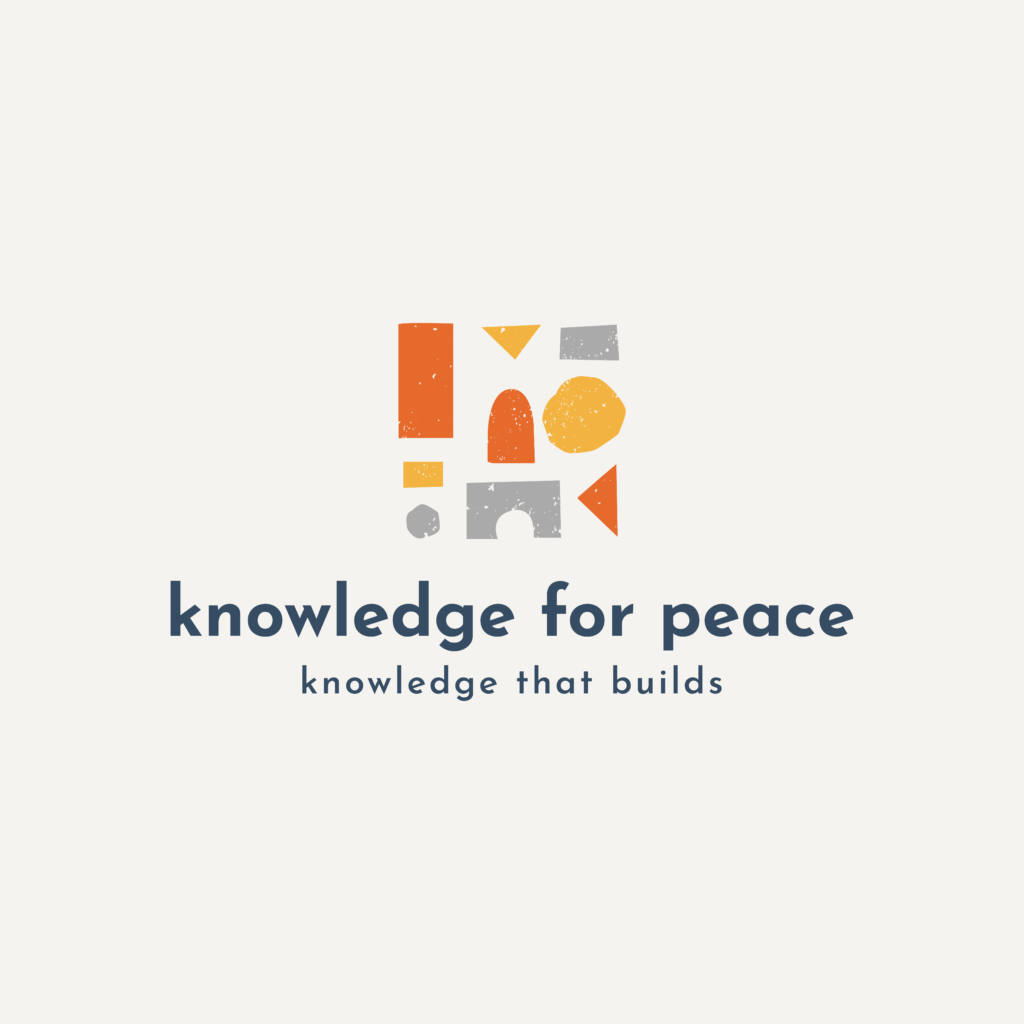Our Story
In late 2010, the self-immolation of Mohamed Bouazizi in Tunisia sparked a wave of protests across the Arab world, igniting what is now referred to as the Arab Spring. The movement spread swiftly, as people in Tunisia, Egypt, Libya, Yemen, Syria, and later Sudan and Algeria called for political and social reform. Even countries with limited unrest, such as Jordan and Morocco, felt the effects. However, despite their passion for change, many of the youth leading these movements lacked the education and experience needed to navigate the complex geopolitics of their regions. Their efforts were often undermined not only by entrenched local regimes but also by external powers influencing regional politics.
In response to these challenges, Knowledge4Peace (K4P) was founded. Our platform was created to provide a different kind of support—one that builds bridges, fosters understanding, and opens new avenues for dialogue. Instead of reigniting polarizing debates within Arab countries, K4P draws upon the lessons learned from other nations that have faced similar struggles for democracy, social justice, and peacebuilding. By focusing on examples from countries like Northern Ireland, Chile, Argentina, East Timor, Cambodia, Bosnia, Kosovo, Rwanda, and Sierra Leone, K4P offers a reflective space for Arab youth to explore peacebuilding strategies in a non-divisive manner.
The region’s struggle for peace and reform has been further complicated by broader global trends, such as the rise of neoliberalism and the shift in governance models across the Arab world. Over recent decades, neoliberal policies have encouraged governments in the region to prioritize market efficiency and economic growth at the expense of social welfare and democratic governance. This shift has weakened state institutions, often leaving crucial public functions in the hands of private entities. The rise of market-driven governance has not only changed the relationship between the state and its citizens but also contributed to the persistence of authoritarianism. Many regimes in the Arab world have adapted to these economic reforms by using them to consolidate their power, ensuring regime stability while suppressing democratic reforms and maintaining control over their populations.
K4P acknowledges the importance of understanding these broader geopolitical and economic trends as part of the peacebuilding process. By focusing on peer education and empowering local peacebuilders to share their experiences, we aim to create a space where Arab youth can engage critically with global peacebuilding frameworks and apply these lessons to their local contexts. Through interactive discussions, mentorship programs, and multimedia content, we encourage the development of a new generation of peacebuilders capable of navigating the complexities of their region with knowledge and insight.
References
Anderson, L. (2024). “The Business of Government: The State and Changing Patterns of Politics in the Arab World.” In S. Heydemann & M. Lynch (Eds.), Making Sense of the Arab State. University of Michigan Press.

